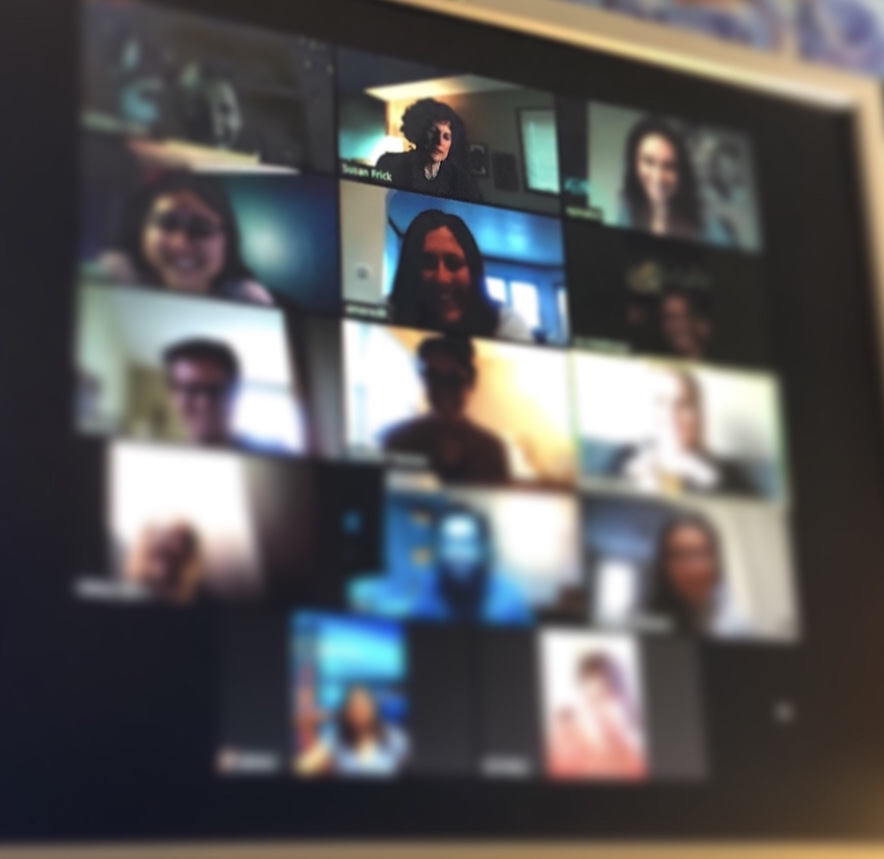As dementia support group facilitators, we know the benefits of facing difficult situations as a collective. We witness healing moments for our participants when stressful experiences are shared. We see times when people are heard, and burdens lifted by a group who understands and shows no judgment.
Now in this new world of COVID-19, dementia support group facilitators are facing a unique challenge. How do we encourage a group experience when we cannot be physically together? How do we address concerns and keep connection with social distancing? And, how do we provide for others when facing our own levels of stress and anxiety?
For many, the adjustments of life in a pandemic came on suddenly. There now might be immense stresses at work, especially if working in a senior community or hospital. There might be the adjustment of learning to work from home. As our daily life settles into this new normal, we must continually address the concerns of our support groups members.
Here are some ideas for ways to stay connected with your members and to encourage your members to stay connected with each other.
- Email and/or call your group members to check on the mood and any immediate needs
- Keep educated on resources and share with group members
- Discuss with family members if emergency plans are in place, such as what would happen if the caregiver became ill
- Offer group sessions on the phone or online
- Provide activity kits for those caring for a person with dementia at home
- Record video messages for group members
- If your group member has a person living in a residential care setting where visiting has been restricted, encourage ways to them to stay connected. Facetime or Skype is a helpful tool. Cards, audio or video messages can be repeatedly used;
- Encourage group members to send video messages and/or written which could be shared with the whole group
- For those interested, share contact information of group members to encourage interaction among members.
Dementia Support Group Facilitators learn to hear, process, and let go of the emotions and stresses of others, sometimes more successfully than at other times. Right now, our own stress level might be high, with concerns for ourselves, family, people we work with, and the greater community. Supporting others might be hard when dealing with our own concerns.
Here are some suggestions for addressing your own stress level.
- Recognize that we are living through a very stressful time
- Be patient with yourself in navigating all the needs which are now present
- Be careful not to share your own stresses with support group members
- Take time to reflect on your own needs and those of your participants
- Develop goals for supporting you and your participants
- Take time for yourself
- Engage in exercise
- Journal
- If feeling overwhelmed, connect with a friend or co-worker with whom you can share
Dementia Support Group Facilitators talk about adjustment, about learning to change to support your person with dementia. But now we are living in unusual times and with COVID-19, we also must adjust, learn to change and redefine our role. Duke Ellington was known for saying, “A problem is a chance to do your best.” As we stay at a distance, we are forced to figure out how to do our best for the members of our support groups and for ourselves .


